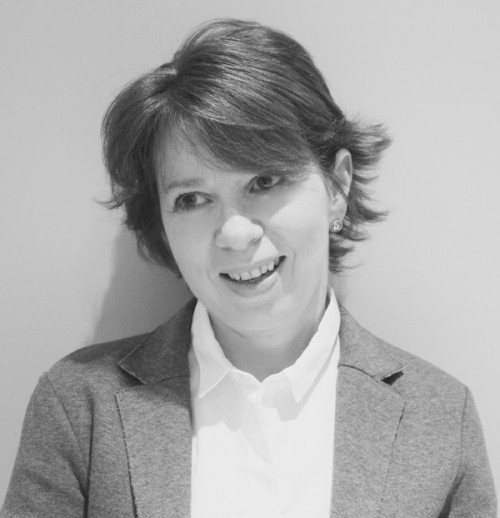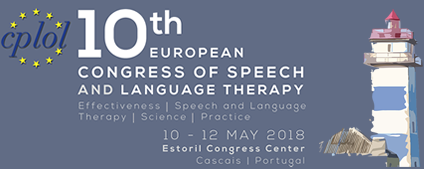Margaret Walshe
Ireland

Margaret Walshe M.Sc. PhD is an Associate Professor in the Department of Clinical Speech and Language Studies in Trinity College Dublin. She is a Board member of the European Society for Swallowing Disorders and was instrumental is establishing the first postgraduate courses in dysphagia in Ireland. Her research focuses on dysphagia, acquired communication disorders and evidence based practice. She has published widely in these areas and was awarded a Cochrane Fellowship from HRB in 2009. She is currently involved in a number of funded research studies relating to acquired neurological communication and swallowing disorders.
‘Charting the Course and Navigating the Evidence’: A critical appraisal of evidence based practice in Acquired Neurological Dysphagia
This presentation will begin with a brief overview of the key domains of evidence-based practice such as research utilization, clinical research and patient preferences. The evidence for current intervention approaches for dysphagia in both progressive and non-progressive neurological conditions will be critically appraised. The efficacy as well as the effectiveness of popular intervention strategies will be examined.
Reflections on progress to date in dysphagia research, ‘bad science’ and the consequences of limited available evidence will frame the argument for increased high quality research in interventions in neurological dysphagia. Challenges as well as opportunities in the design, implementation and reporting of clinical dysphagia research will be discussed. The concept of implementation science and its relevance for speech and language therapists will be explored.
Finally, it is argued that the future of dysphagia research and the amalgamation of evidence must be firmly grounded in and informed by clinical practice. It must be fuelled by increased collaborations between academic researchers and clinicians, tackling clinically relevant questions. Examples of some of these successful collaborations will be provided. The presentation will conclude with a call for speech and language therapists to consider their active role in ultimately delivering future higher quality care to people with acquired neurological dysphagia.

